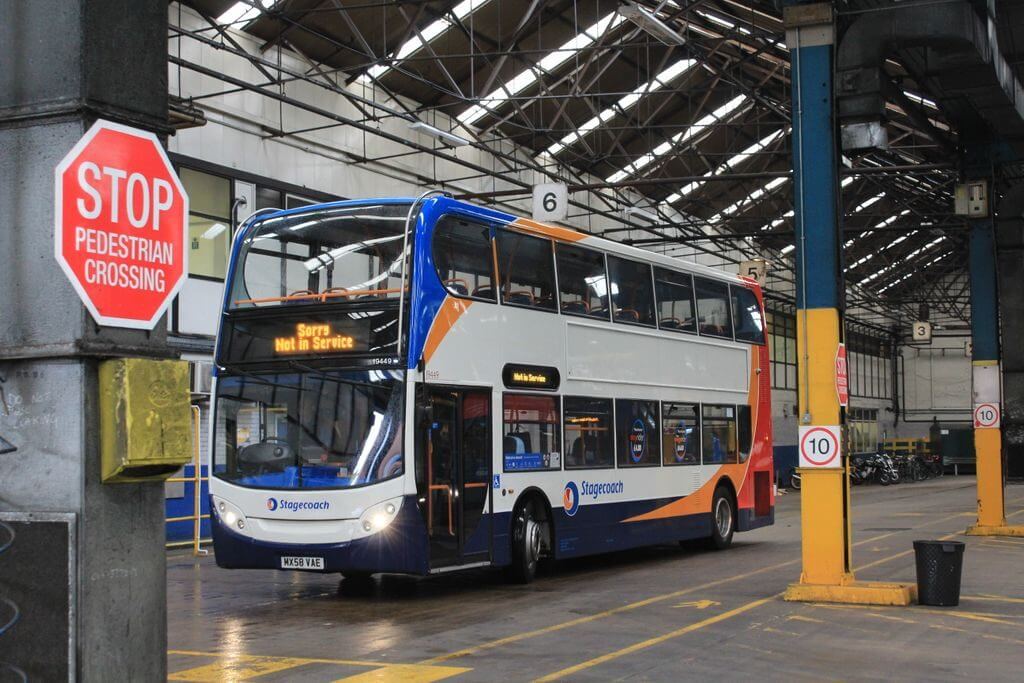
Having started his career in the city – and studied there – Commercial Director Ben Jarvis jumped at the chance to return to Manchester in 2015 to join Stagecoach. Peter Jackson spoke to him about his career and where the industry is going
“I think it was non-optional really,” joked Commercial Director Ben Jarvis, as he recalled how he got involved in the industry. Unlike many higher-ups in the business, Ben has lived and breathed buses from a young age. “When I was growing up, my dad worked for Wallace Arnold when we lived in Yorkshire, before moving to Shearings,” he reflected. “He worked there for a number of years until he was made redundant in ’91, when there was a change of ownership. He and a colleague, who was also made redundant, decided to set up a bus company of their own: Blue Bus and Coach Services.
[…]
By subscribing you will benefit from:
- Operator & Supplier Profiles
- Face-to-Face Interviews
- Lastest News
- Test Drives and Reviews
- Legal Updates
- Route Focus
- Industry Insider Opinions
- Passenger Perspective
- Vehicle Launches
- and much more!


